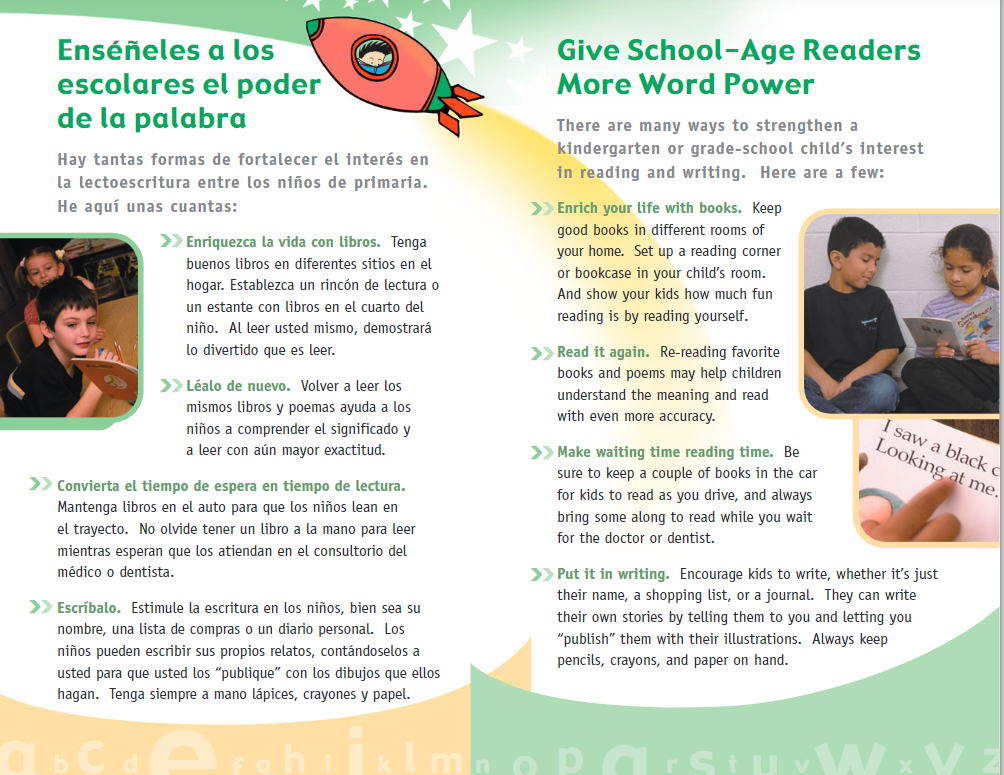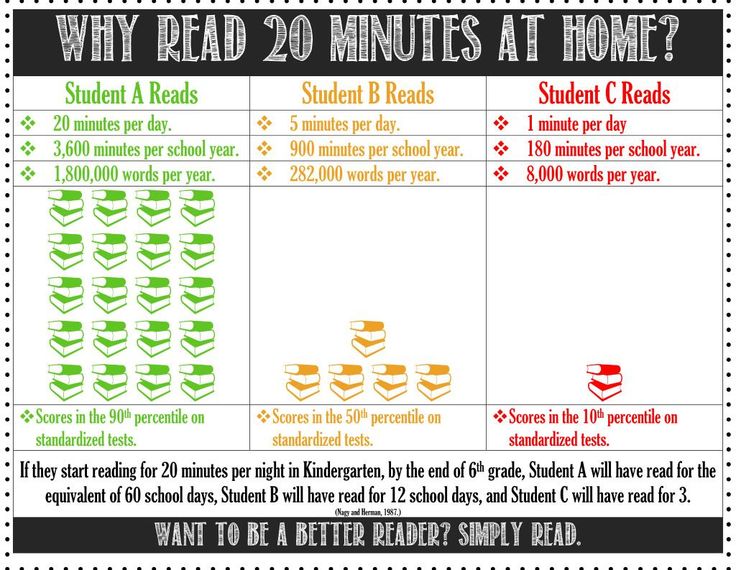|
Children who enjoy books and get good support from home tend to “take off” academically when they get to school. It’s never too early to start encouraging their love of reading.

Image source: Reading Rockets

If you feel that your child is struggling to read and would like more support or information about literacy, please contact our Title I Reading Specialist Carla Woebbeking at EMAIL
To find out more about dyslexia, please read the Wisconsin Department of Public Instruction's Informational Guidebook on Dyslexia and Related Conditions. Included in the Guidebook are Characteristics of Dyslexia:
• Persistent difficulty with phonological processing,which impacts one’s ability to effectively decode letters into blended sounds to form words. A fundamental phonological processing problem may block access to more advanced aspects of reading,such as word identification and comprehension (Vellutino & Fletcher,2007);
• Persistence of slow, inaccurate, or labored oral reading below what is expected for their age and grade level despite effective instruction. "Many complex and interdependent...skills contribute to the ability to read fluently, including recognition of speech sounds, letters, words, connected text, memory, cognition, and even individual experiences" (Hasbrouck & Glaser 2019, 17). Other factors that influence fluency include text structure, purposes for reading, and engagement;
• Persistent difficulty with spelling despite responsive instruction and opportunities to write/ spell,and spelling errors that reflect ongoing and persistent challenges with phonology, orthography, and morphology (Fletcher et al. 2019) ;
• Patterns of difficulty with rapid naming of familiar objects. “Assessments of naming speed in young children can help identify those who may subsequently develop reading difficulties, (Elliott and Grigorenko, 2014, 55). However, research has not indicated that RAN can be improved with intervention (Elliot and Grigorenko 2014);
• “Co-occurring conditions” or overlapping learning disabilities (Seidenberg 2017, 166) such as attention deficit hyperactivity disorder (ADHD), speech and language problems, dysgraphia (difficulty with handwriting and/ or spelling), and math problems (dyscalculia) (Fletcher et al.2019; Hasbrouck 2020; Seidenberg 2017); and
• Dyslexia often runs in families. “It is a moderately inheritable trait, ” and research “is beginning to identify specific genetic markers of dyslexia that involve several different genes” (Fletcher et al., 2019, 190).
|